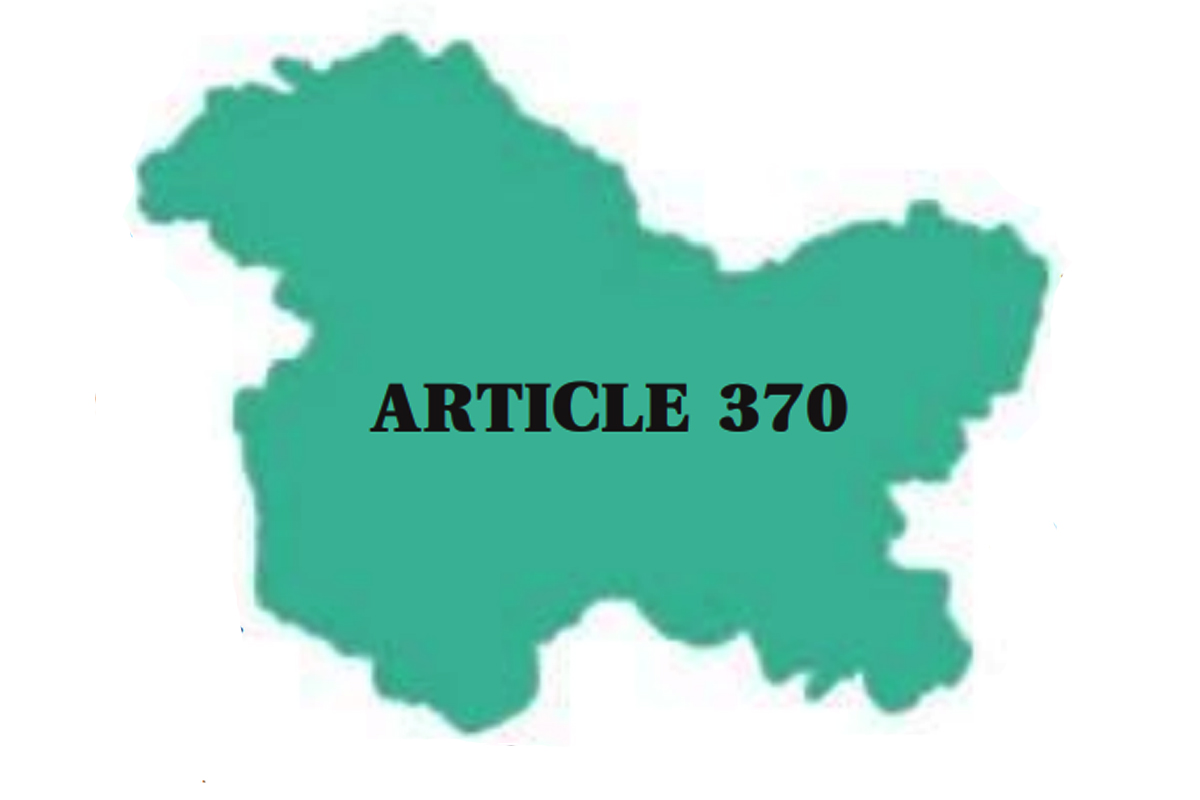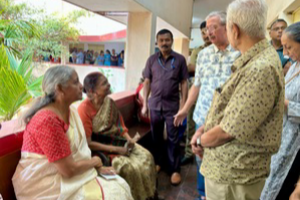As the nation marks the first anniversary of the historic abrogation of Article 370 to form the Union Territory of Jammu & Kashmir on 5 August, political observers say women in that region have now found greater access to opportunities and resources to excel in their fields.
If observers, analysts and intellectuals in north Bengal are to be believed, one of the major advantages of the abrogation of Article 370 has been the unshackling of the chains of bondage of women of the erstwhile state of Jammu & Kashmir (J&K).
“Women have been one of the main disadvantaged sections of the former state. Women were not just constitutionally denied their rights, there was also erosion of their existing rights,” says a political analyst in north Bengal.
According to him, with the scrapping of Article370 by the Government of India, womenfolk are no longer deprived of their property rights in J&K if they get married to non-resident men.
“Article 35- A, which emanated from Article 370, prohibited them, till the abrogation of the Article, to be property owners if they married an outsider. Article 35 A also empowered the J&K government to decide on who could be ‘permanent residents.’ Only a permanent resident could acquire land, get a government job, settle in the state, etc,” the analyst says.
“Putting restrictions on the choices of the residents of the state is patently illiberal and putting restrictions on the basis of gender is antiwomen to boot. Article 35 A & 370, thus, were blatantly against the ethos our Constitution and the principles of justice, liberty, equality and fraternity that it espouses,” another observer and a senior leader of a political party says, without wanting to be named.
Introducing the abrogation bills on 5 August 2019, Home Minister Amit Shah had said in Parliament, “Daughters of the state marrying outside the state lose their rights to property. It is so discriminatory to women and their children. Schedule Caste and Tribe people have been discriminated against and have been deprived of reservation to political offices. Despite knowing this, a few people have been perpetuating this Article only for their political gains.”
The next day, Mr Shah said that those who favoured Article 370 oppose the prevention of the Child Marriage Act, which could not be applied to J&K due to Article 370. Similarly, other laws like the Right to Education, the Land Acquisition Act, the Multi-disability Act, the Senior Citizen Act, the Delimitation Act and the Whistle Blower Protection Act could not be applied to J&K, according to him.
In his address to the nation on 8 August, 2019, Prime Minister Narendra Modi also highlighted the discrimination against women and said: “Daughters of J&K were deprived of the rights that out daughters had in the rest of the states.”
“Article 370, itself is gender neutral, but the way permanent residents were defined in the state constitution based on the notification issued in the April 1927 and June 1932- during the Maharja’s ruleseems biased against women,” the second observer said.
The 1927 notification included an explanatory note that said ‘the wife or a widow of the state subject…shall acquire the status of her husband as state subject of the same class as her husband, so long as she resides in the state and does not leave the state for permanent residence outside the state.’
This was widely interpreted as also suggesting that a woman from J&K who marries outside the state would lose her status as the state subject. “With the abrogation of Article 370 and with it Article 35-A, women in Jammu and Kashmir can now buy realestate and transfer property to children, even if they get married to a non-resident as Article 35-A has automatically become void with the scrapping of Article 370,” a senior political science professor.










